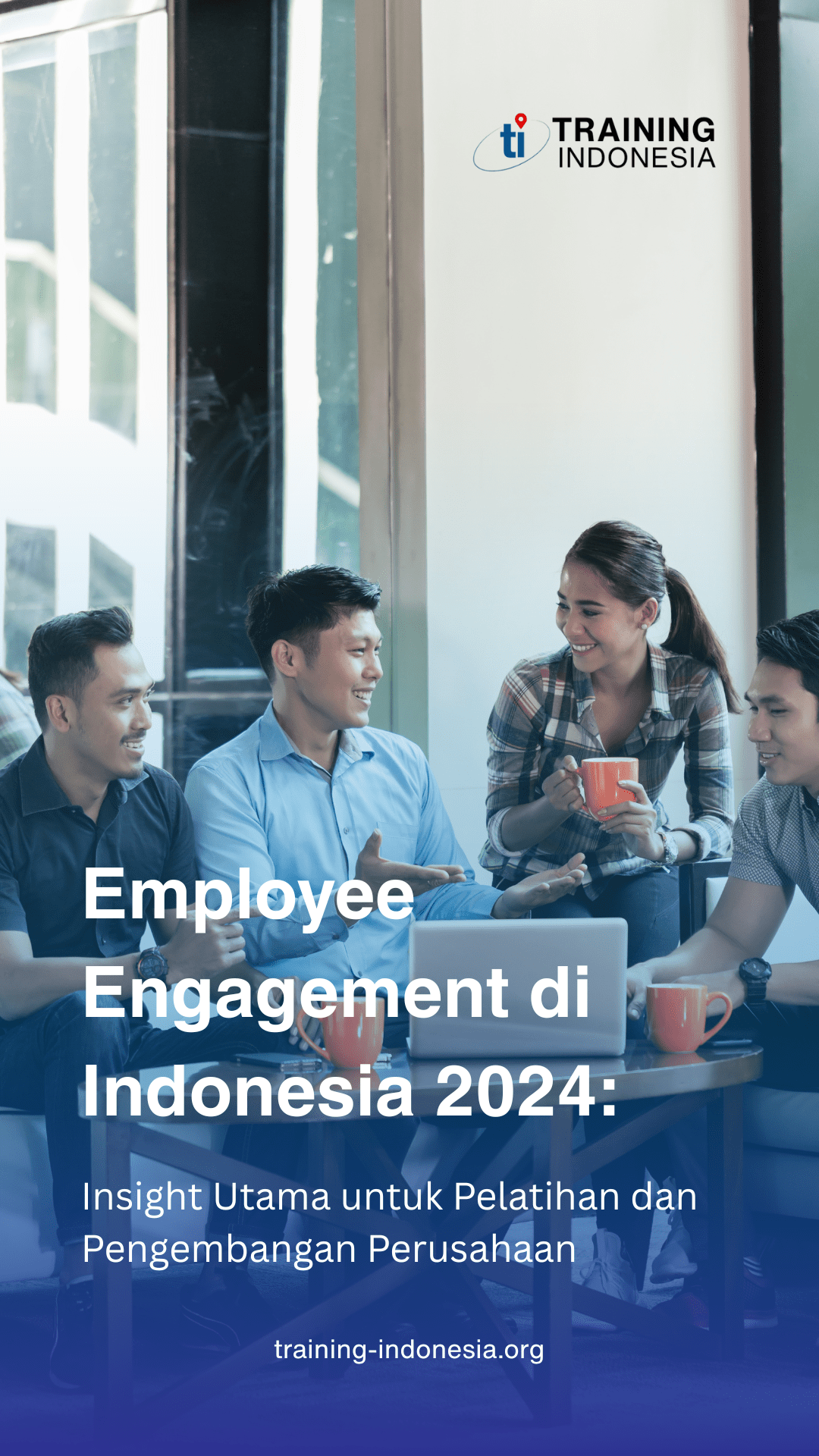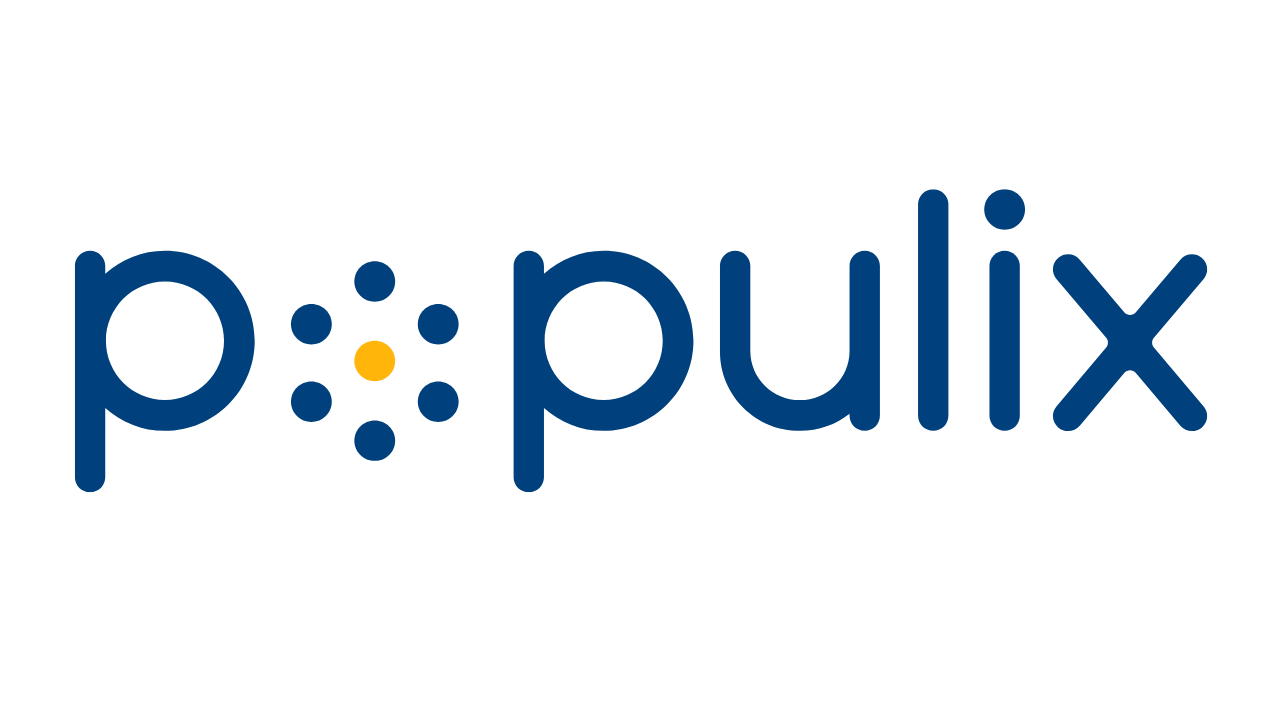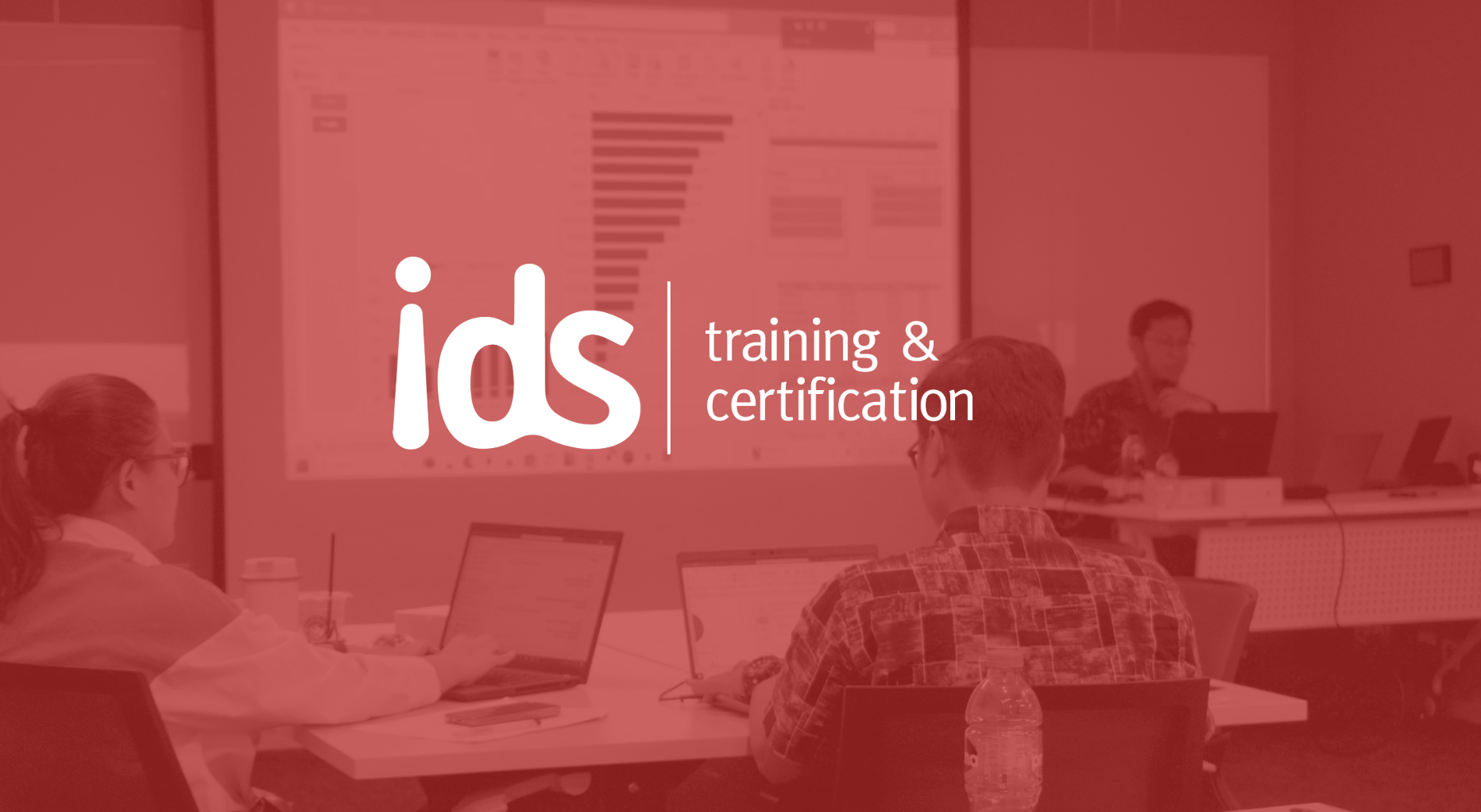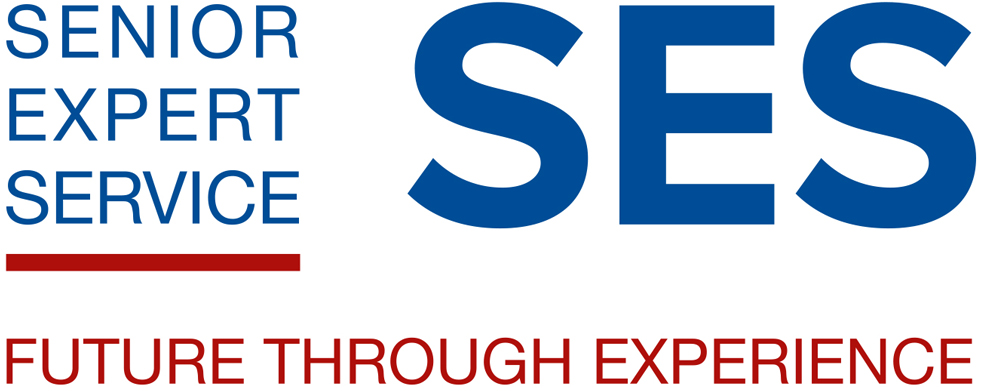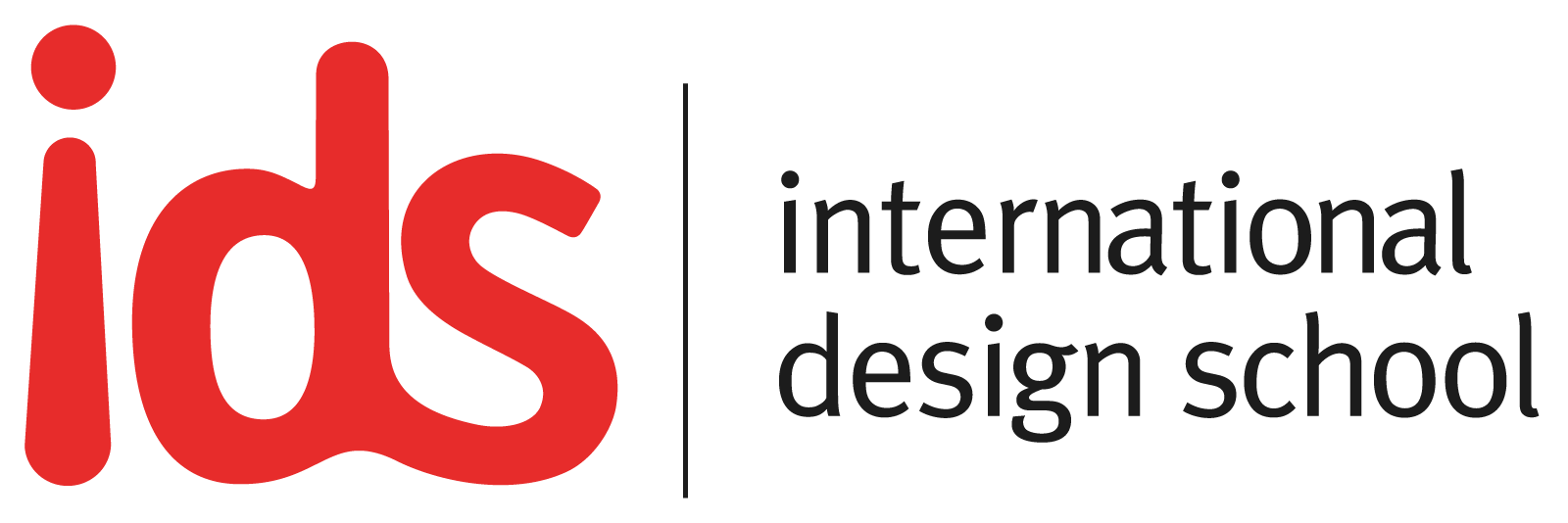Preparing Indonesia's Gen Z for the Workforce: Effective Corporate Training Strategies

As the youngest generation entering the workforce, Gen Z (ages 12–27 as of 2024) is reshaping the future of work. For companies, understanding their unique needs and preferences is critical to fostering a productive, innovative, and loyal workforce. With 50% of Gen Z preparing to enter formal sectors and 43% actively seeking side gigs or higher-paying roles, businesses must adapt their strategies to attract, retain, and develop this talent pool (IDN Research Institute, 2024).
This article outlines the corporate perspective on preparing Gen Z employees by identifying their needs, key training areas, and actionable strategies for long-term success.
Understanding Gen Z in the Workplace
Gen Z's values and challenges are distinct from previous generations. They prioritize personal growth, technological fluency, and work-life balance but face significant obstacles such as job insecurity and financial instability. Key insights from the Indonesia Millennial and Gen Z Report 2025 include:
-
Digital Natives: 60% of Gen Z prefer digital-first training methods to align with their tech-savvy nature.
-
Financial Concerns: 41% cite lack of savings as a major issue, emphasizing the need for financial literacy training (IDN Research Institute, 2024).
-
Career Mobility: With 34% seeking higher-paying opportunities, companies must offer clear paths for career advancement.
What Companies Need to Train for Gen Z
To prepare Gen Z for workplace challenges and align with their aspirations, companies should focus on:
1. Digital and Technological Skills Gen Z thrives in technology-driven environments. Training programs in AI, data analytics, and digital marketing are essential for their development.
-
Data Point: 56% of Gen Z have embraced frugal lifestyles to manage financial challenges, highlighting their readiness for efficiency-focused roles (IDN Research Institute, 2024).
2. Soft Skills Development As automation reshapes industries, interpersonal and leadership skills remain indispensable. Training in communication, problem-solving, and teamwork can bridge gaps.
-
Impact: Soft skills training boosts productivity by 12% across teams (World Economic Forum, 2023).
3. Entrepreneurial Mindset With 43% of Gen Z engaging in side-gigs, fostering entrepreneurial skills such as creativity, resilience, and adaptability is crucial.
-
Case Study: A Jakarta-based tech firm integrated entrepreneurship workshops, leading to a 25% increase in employee-led innovations.
4. Financial Literacy Programs Given Gen Z's financial insecurities, training in budgeting, investment, and savings strategies can alleviate personal stress and enhance productivity.
-
Survey Result: 36% of Gen Z prioritize emergency fund savings, reflecting their financial planning aspirations (IDN Research Institute, 2024).
Strategies for Effective Gen Z Training
1. Leverage Technology Use digital platforms, gamified learning tools, and mobile applications to deliver training programs.
-
Data Point: 60% of Gen Z engage with digital tools daily, making them receptive to tech-based solutions (IDN Research Institute, 2024).
2. Customize Training Content Provide personalized training modules that align with career goals. For example, self-paced courses in AI for technical roles or leadership coaching for aspiring managers.
3. Mentorship and Peer Learning Gen Z values collaboration and feedback. Pairing them with mentors can accelerate their growth while fostering a culture of knowledge sharing.
4. Flexibility and Inclusivity Offer hybrid training schedules to accommodate their side-gigs and education commitments. Promote inclusivity to reflect their preference for diverse, equitable workplaces.
Corporate Benefits of Gen Z Training
Investing in Gen Z training delivers long-term returns:
-
Retention: Companies with strong development programs report a 35% increase in employee retention.
-
Innovation: Gen Z’s comfort with technology and fresh perspectives can drive innovation, with trained teams generating 20% more ideas than untrained peers (Deloitte, 2023).
-
Brand Reputation: Firms that prioritize employee growth are seen as desirable employers, enhancing talent acquisition efforts.
For businesses, preparing Gen Z for the workforce is not just about meeting immediate operational needs—it’s about future-proofing their organizations. By aligning training programs with Gen Z's aspirations and addressing their challenges, companies can build resilient, innovative teams poised for success in a competitive market.
Start empowering your Gen Z workforce today. Explore tailored training programs on Education Indonesia to make a lasting impact.
References
-
Deloitte. (2023). Workforce Trends and the Role of Training in Innovation.
-
IDN Research Institute. (2024). Indonesia Millennial and Gen Z Report 2025.
-
World Economic Forum. (2023). Future of Jobs Report.
Photo
Photo by Muhammad Renaldi: https://www.pexels.com/photo/group-of-young-people-12388294/
Related News
PMP® Certification: A Strategic Step for Indonesian Professionals to Advance in Project Management
In today's dynamic and results-oriented business landscape, the ability to manage projects effectively is not just a desirable skill, it's a critical asset across all industries.
Cultural Leadership in Indonesia: Managing Power Distance & Collectivism for Effective Leadership
Leadership in Indonesia presents distinct challenges shaped by deeply rooted cultural values. To lead effectively, managers must understand how national culture impacts leadership practices—particular
Kepemimpinan Kultural Indonesia: Strategi Atasi Jarak Kekuasaan & Kolektivisme untuk Manajemen
Kepemimpinan di Indonesia menghadirkan tantangan tersendiri yang dipengaruhi oleh nilai-nilai budaya yang mendalam. Untuk memimpin secara efektif, manajer harus memahami bagaimana budaya nasional.
Strategi Ketenagakerjaan Indonesia 2025–2029: Bonus Demografi & Ekonomi Hijau
Indonesia tengah memasuki masa penting dalam sejarah ketenagakerjaannya. Periode 2025 hingga 2029 akan menjadi penentu bagi masa depan pembangunan ekonomi nasional.
Indonesia’s Employment Strategy 2025–2029: Embracing Demographic and Green Transitions
Indonesia is entering a critical phase in its employment trajectory. Between 2025 and 2029, the country will navigate the complex intersection of demographic opportunity, digital transformation.
Upcoming Training
Jun
26
Digital Project Management Process Maturity Level Jun 2025
17530, Tower F, Jl. TB Simatupang No.Kav. 88, RT.1/RW.2, Kebagusan, Ps. Minggu, Kota Jakarta Selatan, Daerah Khusus Ibukota Jakarta 12520, Indonesia
Jun
26
Enhancing Your Resume Through Leadership and Engagement on Campus-June 2025
Online Seminar
